World » Asia » Afghanistan
Shadow City: A Woman Walks Kabul
by Taran Khan
Indian journalist Taran Khan’s wanderings through Kabul offer a rare glimpse of daily life in the city far beyond the glare of headlines and rolling news. From forgotten tombs to hushed libraries that survived the Taliban regime, to the beauty salons and the bright-lit wedding halls where Afghan women shed their inhibitions in privacy, Shadow City wanders the streets of an “amnesiac city” repeatedly remade by war, but still bearing traces of the past should one take the time to notice.
Recommendations from our site
Indian journalist Taran Khan’s wanderings through Kabul offer a rare glimpse of daily life in the city far beyond the glare of headlines and rolling news. From forgotten tombs to hushed libraries that survived the previous Taliban regime, to the beauty salons and the bright-lit wedding halls where Afghan women shed their inhibitions in privacy, Shadow City wanders the streets of an ‘amnesiac city’ repeatedly remade by war, but still bearing traces of the past should one take the time to notice.
Indian journalist Taran Khan’s wanderings through Kabul offer a rare glimpse of daily life in the city far beyond the glare of headlines and rolling news. From forgotten tombs to hushed libraries that survived the Taliban regime, to the beauty salons and the bright-lit wedding halls where Afghan women shed their inhibitions in privacy, Shadow City wanders the streets of an “amnesiac city” repeatedly remade by war, but still bearing traces of the past should one take the time to notice.
Five Books deputy editor Cal Flyn spoke to the author to find out more.
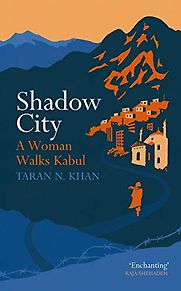
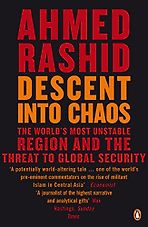
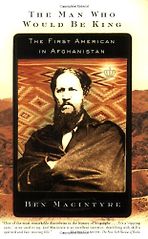
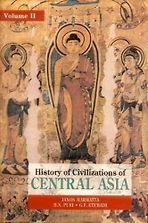
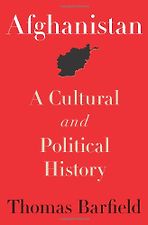
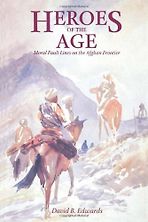
The book, according to the author